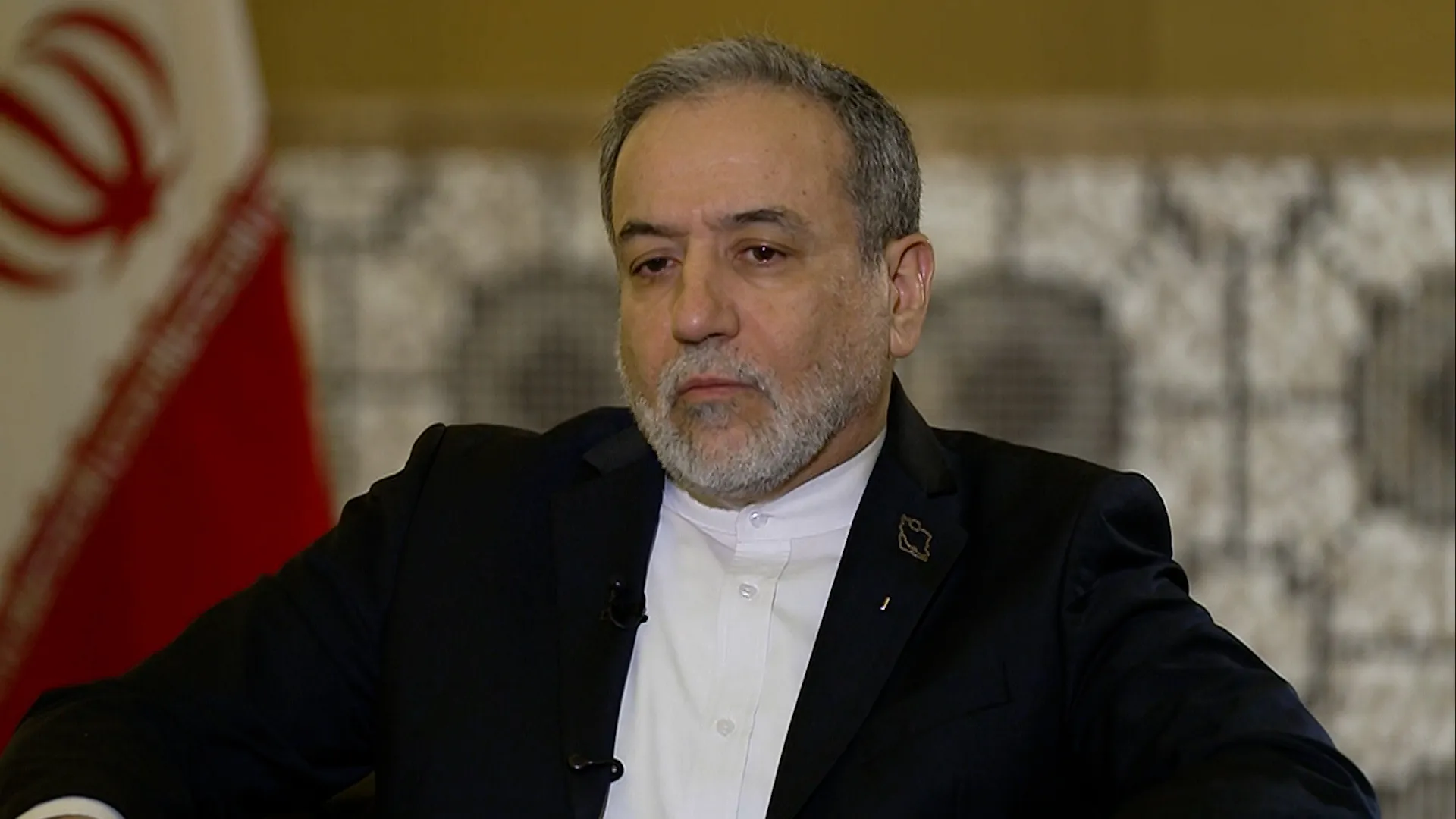Iran FM says Tehran ready for deal with US with peaceful nuclear enrichment | Nuclear Energy
In an exclusive interview with Al Jazeera Arabic, Iranian Foreign Minister Abbas Araghchi says Tehran is ready to reach a deal with the US that allows for peaceful nuclear enrichment, following talks in Oman. He rejects the notion that Washington should be able to dictate what range missiles Iran produces.
Published On 8 Feb 2026
